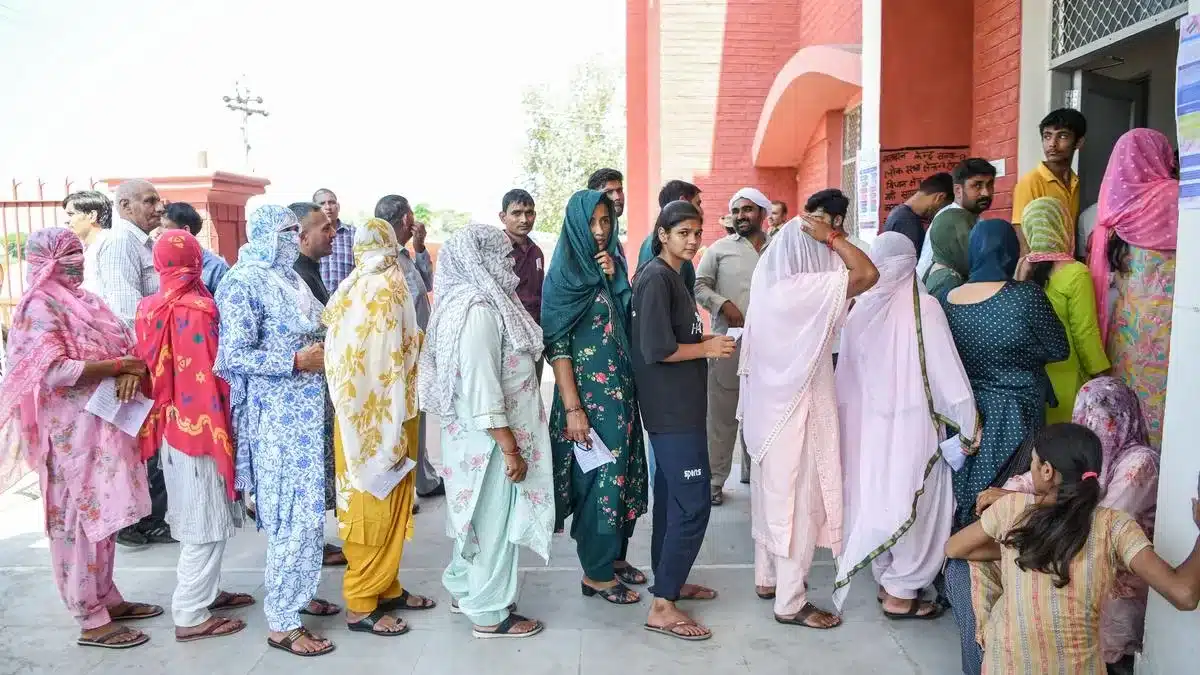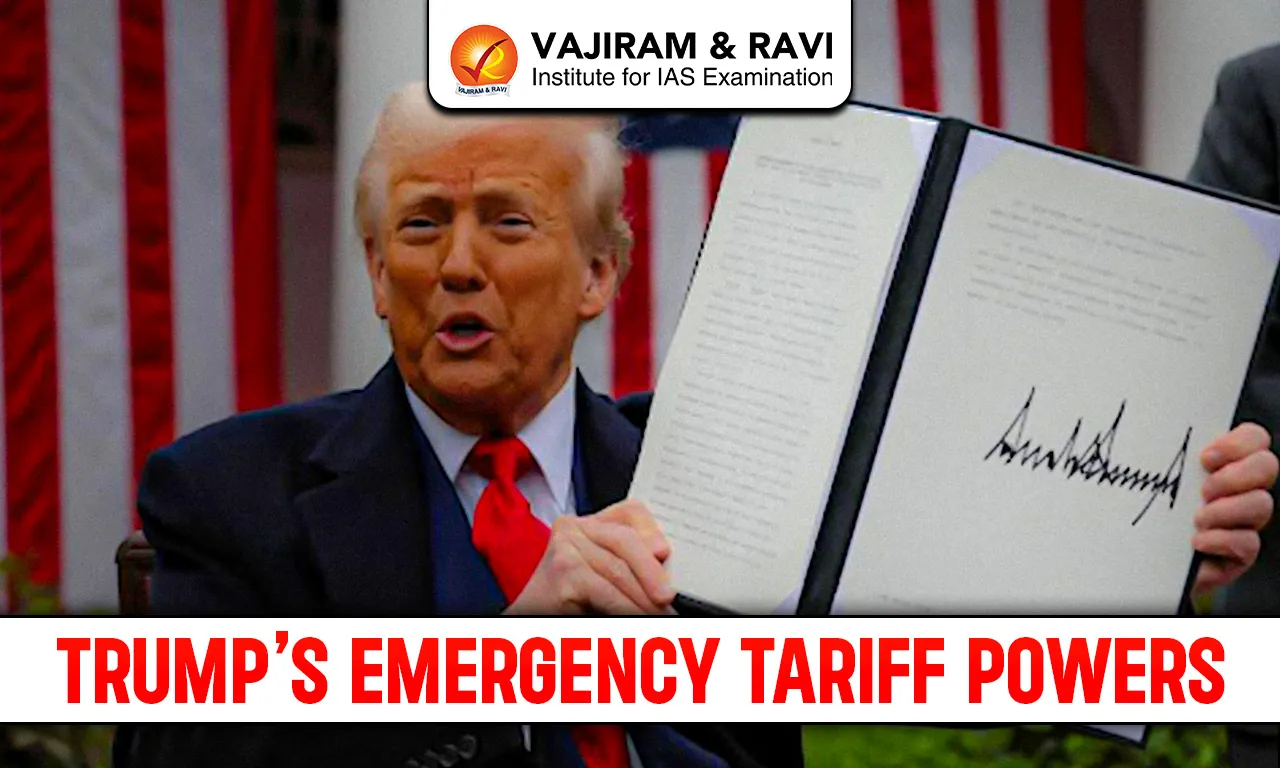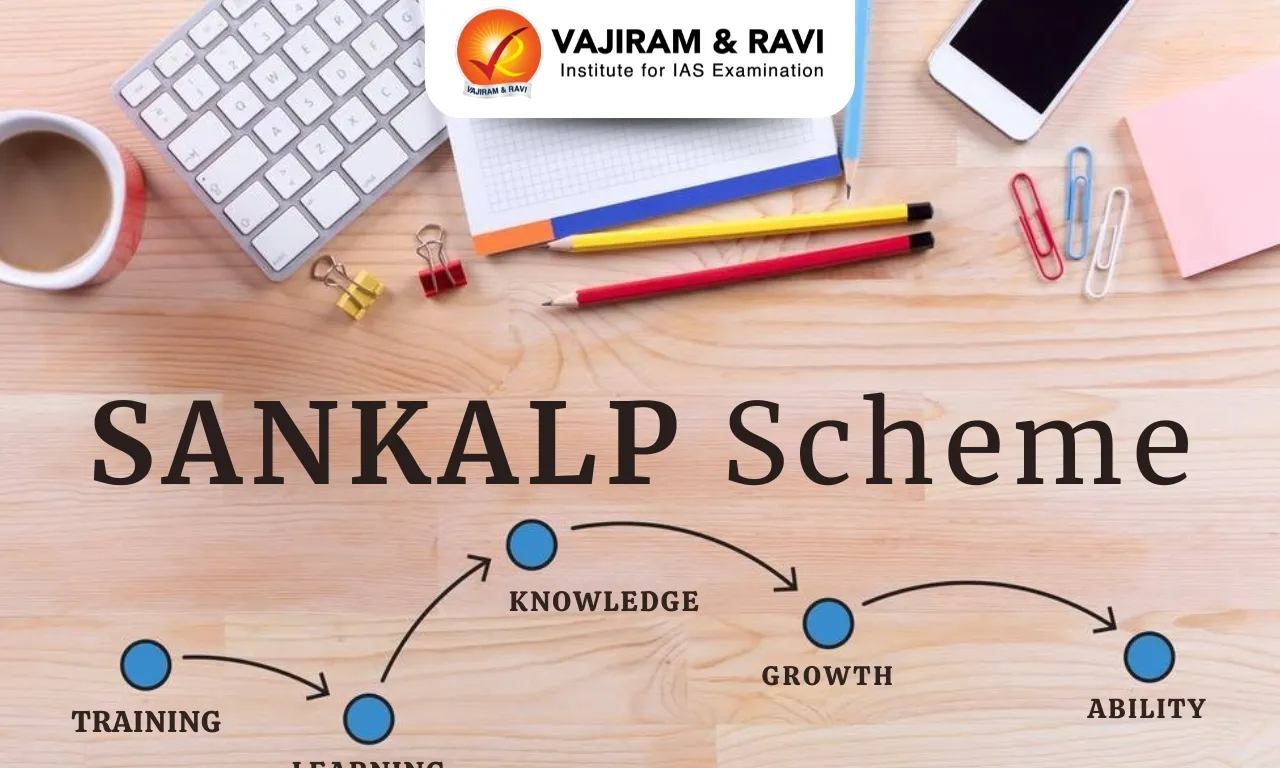What’s in today’s article?
- Introduction
- Key Concerns Raised by the RBI
- Recommendations
- Significance of the Recommendations
- Conclusion
- Key Terms Used in the Article
Introduction
- The Reserve Bank of India (RBI) has raised concerns over the rising expenditure of states on subsidies and highlighted the need for rationalization to ensure fiscal sustainability.
- These observations were made in the report titled “State Finances: A Study of Budgets of 2024-25“, released recently.
- The report sheds light on pressing fiscal challenges such as subsidy rationalization, debt consolidation, and expenditure efficiency.
Key Concerns Raised by the RBI
- Subsidy Expenditure:
- States have significantly increased spending on subsidies, including:
- Farm loan waivers
- Free or subsidised services (electricity, transport, gas cylinders)
- Cash transfers to farmers, youth, and women
- Such subsidies often crowd out spending on critical infrastructure and developmental projects.
- Rising Subnational Debt:
- While state debt as a percentage of GDP declined from 31.8% in 2004 to 28.5% in 2024, it remains above the 20% threshold recommended by the Fiscal Responsibility and Budget Management (FRBM) Review Committee (2017).
- Persistent high debt levels necessitate a transparent and time-bound roadmap for debt consolidation.
- Cooperative Fiscal Federalism:
- The proliferation of Centrally Sponsored Schemes (CSS)reduces flexibility in state spending.
- Rationalising CSS can provide budgetary space for states to address specific local needs while reducing fiscal stress for both the Union and state governments.
Recommendations
- Rationalisation of Subsidies:
- States need to contain and streamline subsidy outgoes to prioritise more productive expenditure areas such as education, healthcare, and infrastructure.
- Example: Delhi’s Mukhya Mantri Mahila Samman Yojna, offering monthly financial assistance to women, is one of many schemes contributing to rising subsidy burdens.
- Debt Consolidation:
- Adopting a clear and transparent debt consolidation strategy aligned with macroeconomic goals can ensure debt sustainability and economic resilience.
- Efficiency in Public Expenditure:
- Outcome budgeting is proposed to link spending with measurable outcomes, ensuring:
- Accountability in resource allocation
- Focus on high-impact developmental projects
- Greater public trust and transparency
- Climate Budgeting:
- States are urged to adopt climate budgeting to integrate climate action into fiscal planning, ensuring sustainability in resource use.
- Enhancing Fiscal Transparency:
- Reliable, comprehensive, and timely fiscal data is essential for better risk assessment.
- Transparent reporting of off-budget borrowings can reduce borrowing costs and improve fiscal discipline.
Significance of the Recommendations
- Rationalising Subsidies:
- Reduces fiscal burden and ensures resources are channelled toward long-term development.
- Frees up funds for sectors such as infrastructure and education, fostering economic growth.
- Debt Consolidation:
- Aligning state debt levels with FRBM Committee recommendations can strengthen fiscal stability.
- Transparent debt strategies boost investor confidence and lower borrowing costs.
- Cooperative Federalism:
- Rationalising CSS aligns state and central objectives, reducing duplication and inefficiency in spending.
- Climate Action:
- Climate budgeting promotes sustainable development, addressing both ecological and economic goals.
- Fiscal Discipline and Transparency:
- Enhanced reporting standards improve decision-making and foster public accountability.
Conclusion
- The RBI’s recommendations underscore the importance of rationalising subsidies, improving expenditure efficiency, and ensuring fiscal transparency.
- These steps are essential for fostering sustainable development while addressing mounting fiscal challenges.
- By implementing such measures, states can strike a balance between meeting immediate social needs and achieving long-term economic resilience.
Key Terms Used in the Article
- Outcome Budgeting: A budgeting method where expenditure is linked to measurable outcomes, ensuring resources are used efficiently.
- Off-Budget Borrowings: Loans taken by government-related entities not reflected in the official budget, which can obscure fiscal liabilities.
Q1. What is the meaning of Fiscal Deficit?
A fiscal deficit, which is also commonly called a national deficit, occurs when a country’s government spends more money than it earns during the fiscal year. This means that more money goes out compared to how much comes in. Therefore, spending exceeds revenue.
Q2. What is the difference between Fiscal Policy and Monetary Policy?
Monetary policy refers to the actions of central banks, including the Federal Reserve, to achieve macroeconomic policy objectives such as price stability, full employment, and stable economic growth. Fiscal policy refers to the tax and spending policies of a national government.
News: States’ freebies crowd out resources needed for development: RBI report | IE
Last updated on February, 2026
→ UPSC Notification 2026 is now out on the official website at upsconline.nic.in.
→ UPSC IFoS Notification 2026 is now out on the official website at upsconline.nic.in.
→ UPSC Calendar 2026 has been released.
→ UPSC Final Result 2025 is expected to be released in the second week of April 2026.
→ Check out the latest UPSC Syllabus 2026 here.
→ Join Vajiram & Ravi’s Interview Guidance Programme for expert help to crack your final UPSC stage.
→ UPSC Mains Result 2025 is now out.
→ UPSC Prelims 2026 will be conducted on 24th May, 2026 & UPSC Mains 2026 will be conducted on 21st August 2026.
→ The UPSC Selection Process is of 3 stages-Prelims, Mains and Interview.
→ Prepare effectively with Vajiram & Ravi’s UPSC Prelims Test Series 2026 featuring full-length mock tests, detailed solutions, and performance analysis.
→ Enroll in Vajiram & Ravi’s UPSC Mains Test Series 2026 for structured answer writing practice, expert evaluation, and exam-oriented feedback.
→ Join Vajiram & Ravi’s Best UPSC Mentorship Program for personalized guidance, strategy planning, and one-to-one support from experienced mentors.
→ Check UPSC Marksheet 2024 Here.
→ UPSC Toppers List 2024 is released now. Shakti Dubey is UPSC AIR 1 2024 Topper.
→ Also check Best UPSC Coaching in India




















